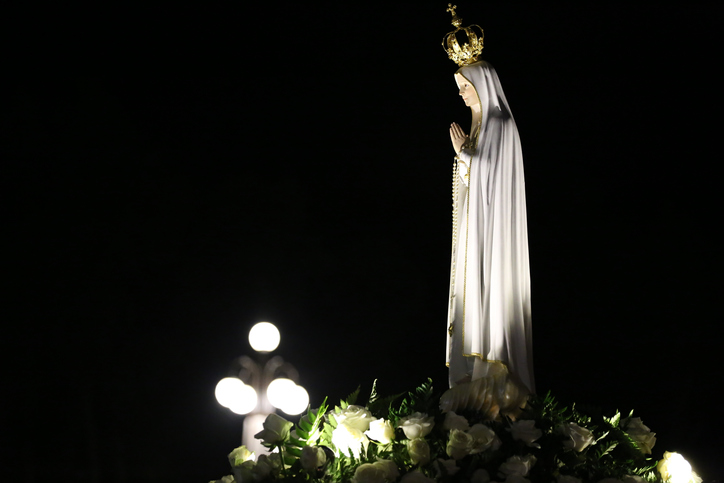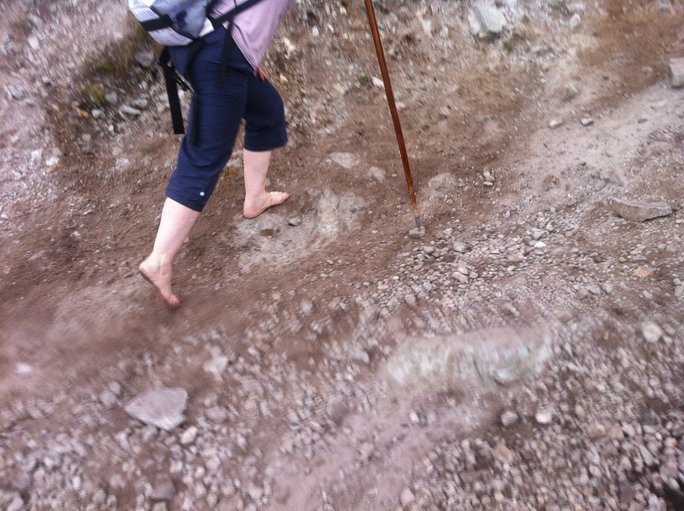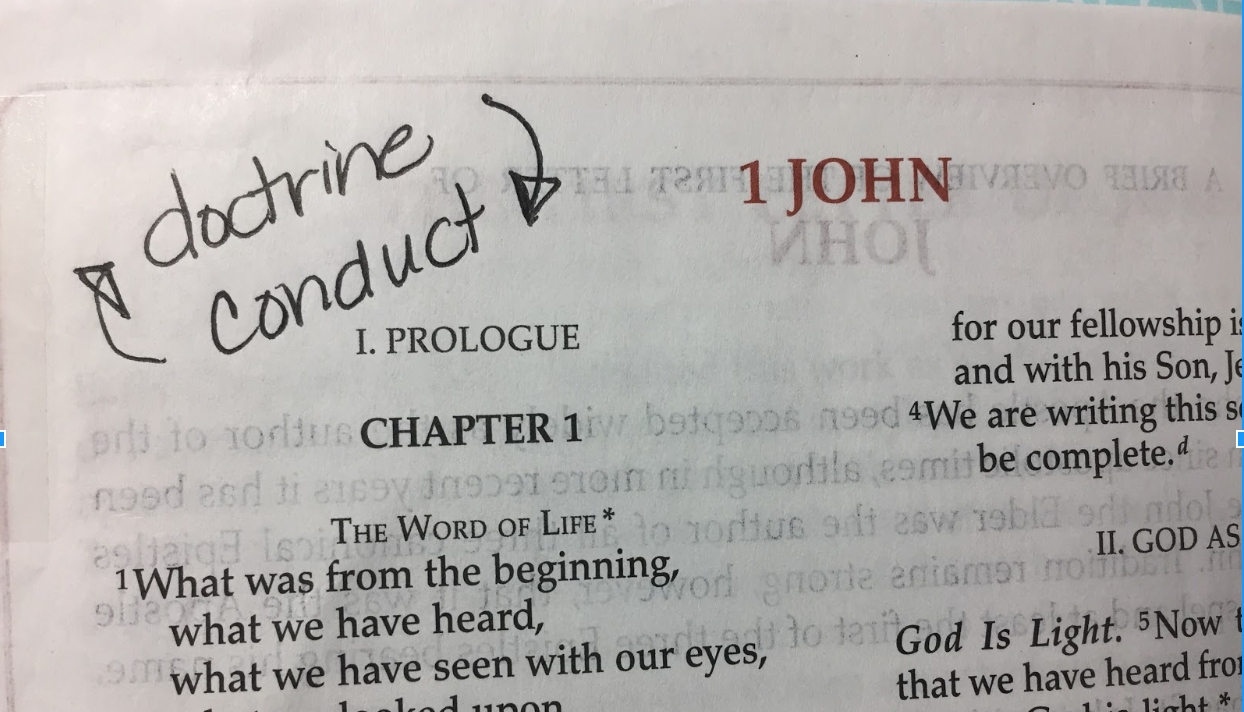“Modern man listens more willingly to witnesses than to teachers, and if he does listen to teachers, it is because they are witnesses.” -Pope Paul VI
“The Spirit of truth will testify to me, says the Lord, and you also will testify. Alleluia, Alleluia!”
Witnesses are called to testify to the truth. So, just how are we to testify? Most of us break out in a cold sweat at even the thought of being asked to give “a testimony”. I don’t know about you, but I don’t have some big dramatic story about a single event that caused me, a wayward sinner (although I am that!) to see the error of my ways and turn my life over to Jesus. While I think those stories are important to remind us of God’s power, like many others, sometimes God works so quietly that we simply don’t see our story as worthy testimony. So, it bears asking again, just how do we testify?
Today’s Psalms tell us to sing praise with timbrels and harp. Timbrels? A quick internet search describes timbrels as a form of tambourines. Now that’s music that makes you want to smile and move! We are supposed to testify with laughter and Joie de Vie! We testify by how we participate in praise. It doesn’t matter if we can’t sing a note, we testify by singing and adding our unique voice to the symphony of praise that echoes all the way to heaven. Wait, I can testify by something as simple as opening the hymnal and singing along? Really? Absolutely. When we sing together, we testify to our unity in Christ.
In the first reading, Lydia testifies with her hospitality. “If you consider me a believer in the Lord, come and stay at my home.”
We may not be able to physically open our homes to every person we meet, but what acts of hospitality can we show? Through what seemingly tiny gestures can we testify to how much God loves each person we meet? Do they walk away from us feeling a little lighter? Do our actions let them know we care? That they have a God who infinitely cares? When we pay attention to the needs of others, we testify to the power of sacrificial love.
Yet, in the Gospel reading, Jesus doesn’t sugar coat things. He is sending the Holy Spirit, the Spirit of Truth, who will testify by activity in our community. Others may teach about truth, but only Jesus IS the Truth, the Way, and the Life. (John 14:6) We are called to testify to that Truth by cooperating with the Holy Spirit. Jesus loved those who were considered unloveable and he was condemned and crucified for that act of love. Jesus sends us the Holy Spirit so we can continue His work with those who are passed by, passed over and oppressed in society. By continuing Jesus’s work, by seeking to live as He lived, to love as He loved, we start to testify with every breath, every smile, every decision, every action.
Jesus tells us straight out, that when we live like him, we will be treated like him. Those “who have not known either the Father or me” will not understand either what we do or why we do it. But to paraphrase St. Mother Teresa’s prayer, we will “do it anyway.”
May the Holy Spirit, sent by our Lord Jesus Christ, continue to guide us and strengthen us as we testify, maybe not with dramatic stories, but with all the little moments of our daily lives.

If you catch Sheryl sitting still, you are most likely to find her nose stuck in a book. It may be studying with her husband, Tom as he goes through Diaconate Formation, trying to stay one step ahead of her 5th and 6th-grade students at St Rose of Lima Catholic School or preparing for the teens she serves as Director of Youth Evangelization and Outreach in her parish collaborative. You can reach her through ignitedinchristnacc.com.












